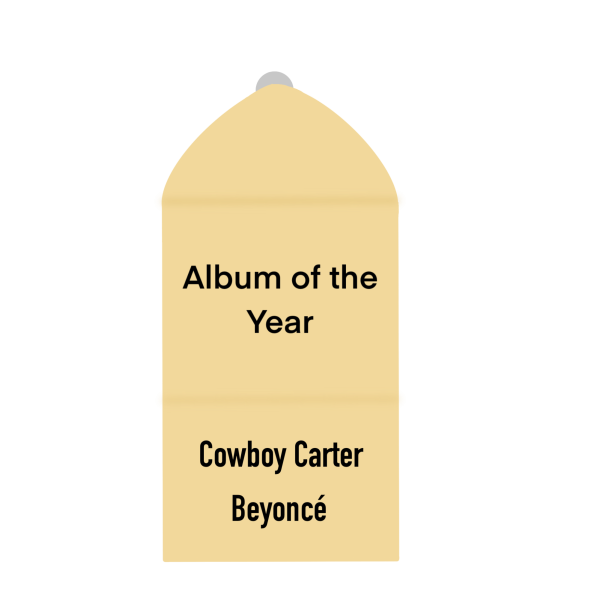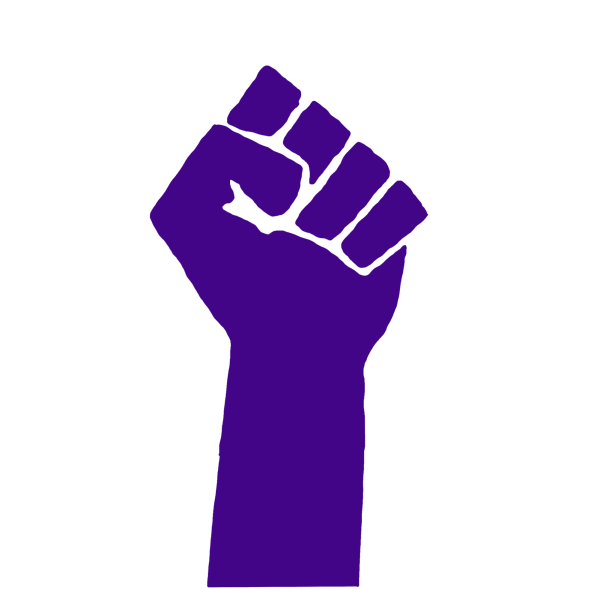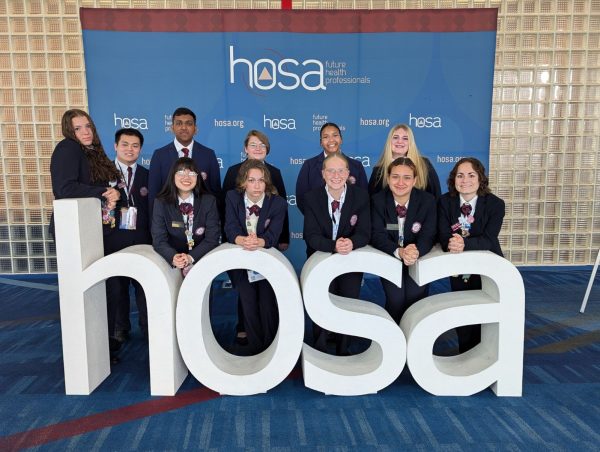Social media profits on everyday people
As more young people join social media platforms, I believe that social media outlets are a serious detriment to the mental health of both teens and pre-teens, causing higher rates of depression among users.
Since 2016, Instagram has increased from approximately 600 million active monthly users to over a billion. As social media becomes more massive, it becomes an even more serious threat to its young users’ mental health.
According to a 2018 Pew research center study, 85% of teens say they use Youtube, 72% say they use Instagram, and 69% say they use Snapchat. Between 2010 and 2015, over half a million eighth-graders surveyed showed a 33% increase in depressive symptoms.
By 2015, 92% of teens and young adults owned a smartphone and between 2007 and 2015, jumps in depressive symptoms coincided directly with smartphone adoption, according to the Child Mind Institute.
Evidence clearly shows that social media is negatively impacting its users, especially those of a younger age.
On a widespread level, social media users look to project their lives as more fun and interesting than they are. This creates tremendous amounts of pressure among users to stack up to their peers, perpetuating unrealistic standards to impressionable users and that pressure leads to anxiety and depression, especially in young users.
Social media is both a useful tool and a harmful business. Because of its immense popularity, social media has taken a strong cultural stranglehold, has become fully integrated into modern society and it’s here to stay.
This means that companies like Facebook, which reported over $55 billion in revenue in 2018, will continue to make money off of its users and will continue to grow what is a mental health crisis for kids in middle school and high school. There is a mental health epidemic and I place a great amount of blame on social media for exacerbating the issue.
In contrast, social media provides incredible new opportunities to more and more people. In a world that is digitizing, the instant access that social media gives us to communicate all over the world is amazing. Social media allows people to create, edit and post their own videos and photos to Youtube, Instagram and Snapchat and get millions of views, millions of fans, millions of followers and make millions of dollars, mostly through advertising and sponsorship. People use online resumes and run online businesses both small scale and conglomerate, all using social media to advertise and market to a vast crowd of consumers.
There are pros and cons to social media and there is no easy solution to the problems it presents, but I believe the best thing we can do is continue to spread mental health awareness and to simply be positive on social media. Despite Facebook, Instagram, and Twitter all having an age restriction of 13+, kids lie about their age, or sign up with a parent’s help, consequence-free, making age restrictions almost pointless.
I advocate making kids wait before having access to social media until a certain age or point of maturity, but with no means of enforcement, implementing this is up to parents.
We need to continue to educate kids on how to use social media safely. Mental health is an ongoing issue that is not going away, but it’s very important we try and understand it and help improve it in any way we can.
Your donation will support the student journalists of Pittsburg High School - KS. Your contribution will allow us to purchase equipment and cover our annual website hosting costs.









